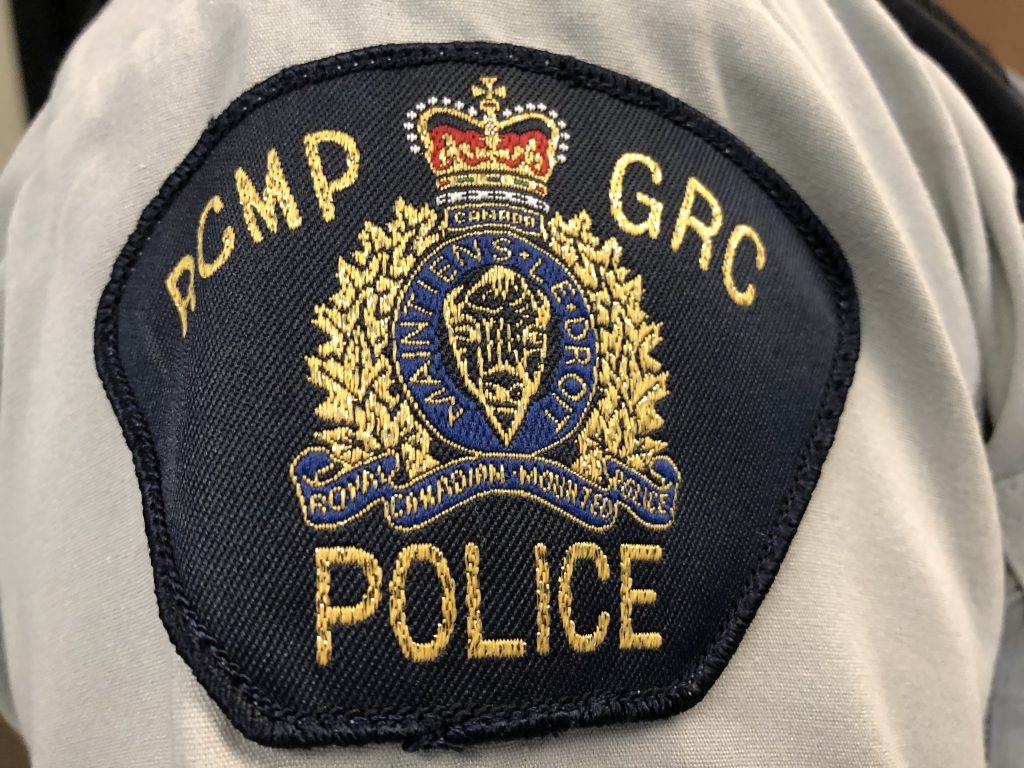B.C. in court against pharma companies in bid to certify opioid class-action lawsuit

Posted Nov 27, 2023 05:00:00 AM.
Last Updated Nov 27, 2023 05:45:20 PM.
VANCOUVER — The British Columbia Supreme Court should certify a class-action lawsuit against opioid makers on behalf of all provinces and territories to save time and money on what would otherwise be 13 nearly identical actions, a B.C. government lawyer says.
Reidar Mogerman, a lawyer for the B.C. government, told Justice Michael Brundrett on Monday the court should approve a class made of governments saddled with health-care costs related to the opioid crisis that has killed or injured thousands of Canadians.
“This litigation is about what the defendants did, what the defendants knew, when did they know it (and) how did they react to the information that they had,” Mogerman said. “Did they, as is alleged, deceive and mislead the relevant players in the health-care system in order to balloon the sales of opioids, which in turn caused the opioid crisis?”
If the judge agrees to certify provinces and territories as part of the class, the case would then move ahead as a civil trial to determine if the health-care and pharmaceutical companies were negligent and unjustly enriched by deceptively marketing opioid products. The lawsuit alleges the defendants fraudulently misrepresented and concealed the dangers of opioids, and the action seeks damages for health-care costs recovery, Competition Act violations and other alleged misconduct.
Mogerman said the questions at the heart of the lawsuit are common across provinces and territories.
“It’s not different for British Columbia,” he said. “Ontario will ask the same question.”
He told the judge that having a single trial examining those questions would move “the litigation way down the track in terms of how much is left for each individual plaintiff or class member to engage in,” he said.
Evidence shows that opioid industry players moved in “unison” as sales of their products “ballooned” in conjunction with “damage from the crisis,” Mogerman said.
Moving forward with a single class-action lawsuit would show the “problem-solving aspect of litigation as it grapples with an unimaginably complex and difficult public-health issue,” he said.
“It’s not an unimaginably complex legal issue, we know how we’re going to do it,” he said, adding that provincial legislation provides a framework for how the case should be handled.
Mogerman told the court that the industry itself has referred to different opioid products as a “class” of drugs, and he detailed the many “dramatic” revisions over the years of warnings on opioid-based medications.
He told the court the changes — known as product monographs — are evidence of misrepresentation and negligence by pharmaceutical firms where they warned people about the dangers of getting addicted to their products.
The warnings prove the defendants were negligent in marketing the drugs early-on.
B.C. Attorney General Niki Sharma said Monday that the hearing represents a “new step” in the battle against opioid makers and marketers.
Sharma said the action to obtain costs associated with the opioid crisis is a first of its kind in Canada, and one defendant, Purdue Pharma, has already settled with the province for $150 million.
Speaking outside court in Vancouver ahead of the certification hearing, she said the action was started back in 2018 when Premier David Eby was still the attorney general, putting B.C. up against dozens of health-care and pharmaceutical companies.
It comes even after the Supreme Court of Canada agreed this month to hear a constitutional challenge by four of the companies who say a law allowing B.C. to recover costs on behalf of other governments is an overreach.
Sharma said the lawsuit marks a “novel approach” to speed up the process as governments try to hold companies accountable for making, selling and marketing opioids.
She and Jennifer Whiteside, minister of mental health and addictions, issued a joint statement on Monday, calling the agreement with Purdue “the largest-ever government health settlement in Canadian history.”
“One part of our work to address the toxic drug poisoning crisis is holding the bad actors who are fuelling this crisis — including opioid manufacturers and distributors, and their consultants — accountable,” they say.
Sharma said outside court the province has been up against “numerous challenges” from the defendants, who tried to delay the certification hearing as matters remain unresolved before Canada’s high court, but a B.C. judge said an adjournment wasn’t in the interests of justice.
B.C. declared a public-health emergency in 2016 over the crisis, and since then nearly 13,000 people have died of overdoses in the province.
“We are holding multinational pharmaceutical companies accountable for their role in today’s public-health emergency,” Sharma said. “While no amount of money will ever bring back the people who have lost their lives due to toxic, unregulated drugs, our battle against the wrongful conduct of businesses and their marketing consultants is another meaningful step to address the toxic-drug crisis,” she said.
The certification hearing is expected to last about four weeks.
This report by The Canadian Press was first published Nov. 27, 2023.
Darryl Greer, The Canadian Press








